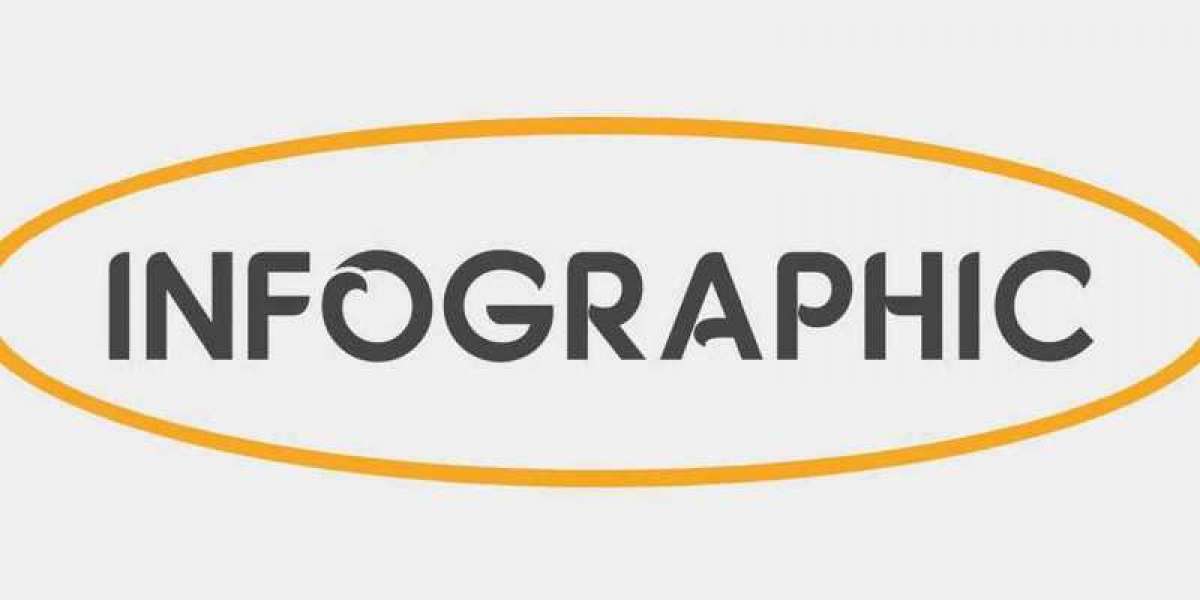Key Categories of COVID-19 Therapies:
- Antiviral Therapies:
- Oral Antiviral Medications:
- Paxlovid (Nirmatrelvir/ritonavir): Developed by Pfizer, Paxlovid was one of the first oral antiviral treatments to receive emergency use authorization (EUA) for COVID-19. It works by inhibiting the protease enzyme required for the virus to replicate. It has shown efficacy in reducing the severity of COVID-19 symptoms and preventing hospitalization in high-risk patients.
- Molnupiravir: Developed by Merck and Ridgeback Biotherapeutics, Molnupiravir is another antiviral therapy used to treat mild-to-moderate COVID-19 in high-risk patients. It works by causing mutations in the virus's RNA, leading to its inactivation.
- Intravenous Antivirals:
- Remdesivir: Developed by Gilead Sciences, Remdesivir has been authorized for emergency use in hospitalized COVID-19 patients. Remdesivir is an antiviral that interferes with viral RNA replication, and it has been shown to reduce the duration of hospitalization in severe COVID-19 cases.
- Monoclonal Antibodies:
- Bamlanivimab and Etesevimab: Developed by Eli Lilly and AbCellera, these monoclonal antibodies have been used for the treatment of mild-to-moderate COVID-19 in high-risk patients. However, their efficacy has decreased with the emergence of new variants of concern.
- Casirivimab and Imdevimab: Developed by Regeneron Pharmaceuticals, these monoclonal antibodies have shown efficacy against earlier strains of the virus. They are authorized for emergency use in treating mild-to-moderate COVID-19 in high-risk patients.
- Sotrovimab: Developed by GlaxoSmithKline and Vir Biotechnology, Sotrovimab is another monoclonal antibody treatment authorized for emergency use to treat COVID-19 in high-risk patients. It targets the spike protein of the SARS-CoV-2 virus, preventing the virus from entering human cells.
- Vaccines:
- mRNA Vaccines:
- Comirnaty (Pfizer-BioNTech): The first mRNA vaccine to be authorized for emergency use, Comirnaty has been one of the most widely distributed COVID-19 vaccines. It uses messenger RNA to instruct cells to produce the spike protein of SARS-CoV-2, prompting an immune response.
- Spikevax (Moderna): Similar to Pfizer's vaccine, Moderna's mRNA-based vaccine has proven highly effective in preventing COVID-19 infection and is widely used in many countries.
- Viral Vector Vaccines:
- Vaxzevria (AstraZeneca): A viral vector vaccine using adenovirus technology, developed by AstraZeneca in collaboration with Oxford University. It has been widely used around the world, although it has faced some regulatory hurdles due to rare side effects.
- Janssen (Johnson Johnson): This single-dose adenovirus-based vaccine has been used globally, particularly in regions where ease of administration is critical.
- Protein Subunit Vaccines:
- Corbevax: Developed by Biological E. and licensed by Texas Children's Hospital, Corbevax is a protein subunit vaccine that has shown promise in preventing COVID-19.
- Novavax (Nuvaxovid): A protein-based vaccine that has shown high efficacy in trials and is approved in several countries, including the European Union and India.
Download our case study to learn how DelveInsight helped a mid-sized EU firm assess competitors, emerging therapies, and the clinical landscape. Explore detailed analyses of mechanisms of action, administration routes, and top competitors to gain a competitive edge in strategic planning. Download Now Competitive Landscape of COVID-19 Therapies!
- Immunomodulatory and Supportive Treatments:
- Dexamethasone: A corticosteroid drug, dexamethasone has been shown to reduce mortality in hospitalized COVID-19 patients, particularly those requiring mechanical ventilation or oxygen support. It has become a standard part of the treatment for severe cases.
- Tocilizumab (Actemra): A monoclonal antibody targeting interleukin-6 (IL-6), tocilizumab is used to manage inflammation in patients with severe COVID-19, especially those who develop cytokine storms.
- Baricitinib: A Janus kinase (JAK) inhibitor, baricitinib is used to treat moderate-to-severe COVID-19 in combination with Remdesivir for certain hospitalized patients.
Competitive Landscape Dynamics:
- Market Leaders:
- Pfizer and Moderna are dominant players in the COVID-19 vaccine market with their mRNA vaccines. They have established large-scale production and distribution networks, playing a critical role in global vaccination campaigns.
- Pfizer also leads in the oral antiviral therapy market with Paxlovid, showing strong performance in reducing hospitalization and severe outcomes in high-risk patients.
- Gilead Sciences remains a key player with Remdesivir, which continues to be a major treatment option for hospitalized COVID-19 patients.
- Emerging Players and Innovations:
- Regeneron Pharmaceuticals and GlaxoSmithKline are significant players in the monoclonal antibody space, with treatments like Casirivimab/Imdevimab and Sotrovimab.
- Smaller biotech companies, such as Vir Biotechnology, are focusing on developing novel therapies that target the virus’s spike protein and viral replication.
- Challenges and Opportunities:
- Evolving Variants: The emergence of new SARS-CoV-2 variants has posed challenges for existing therapies and vaccines. Many treatments, including monoclonal antibodies, have shown reduced efficacy against newer variants. As a result, companies are focusing on creating updated vaccines and therapies to target emerging variants.
- Global Distribution and Access: While vaccines like Pfizer’s and Moderna’s are widely available, disparities in access remain a critical issue. There is an ongoing effort to ensure vaccines and treatments reach low- and middle-income countries through initiatives like COVAX.
- Long-term Impact: While vaccines and antivirals have been crucial in controlling the acute effects of the pandemic, there is growing attention on long-term solutions such as the development of antiviral medications for post-acute sequelae of SARS-CoV-2 (PASC), or "long COVID," as well as vaccine boosters to address waning immunity.
Download our case study to learn how DelveInsight helped a mid-sized EU firm assess competitors, emerging therapies, and the clinical landscape. Explore detailed analyses of mechanisms of action, administration routes, and top competitors to gain a competitive edge in strategic planning. Download Now Competitive Landscape of COVID-19 Therapies!
Future Outlook (2030 and Beyond):
The COVID-19 treatment landscape will likely continue to evolve with the development of next-generation vaccines, more potent antiviral treatments, and novel immunotherapies. The market for COVID-19 therapies will also expand as companies focus on booster shots, therapies for long COVID, and vaccines targeting a broader range of coronaviruses. Additionally, the competitive landscape will remain dynamic as companies navigate the challenges posed by emerging variants and evolving patient needs.
In conclusion, the COVID-19 therapy market is characterized by intense competition among both established pharmaceutical giants and emerging biotechnology firms. As the world adapts to the ongoing challenges posed by the virus, innovation in vaccine development, antiviral treatments, and immune modulators will continue to play a crucial role in global public health strategies.







